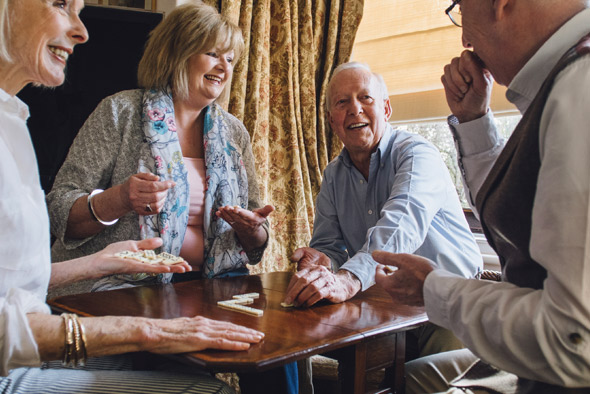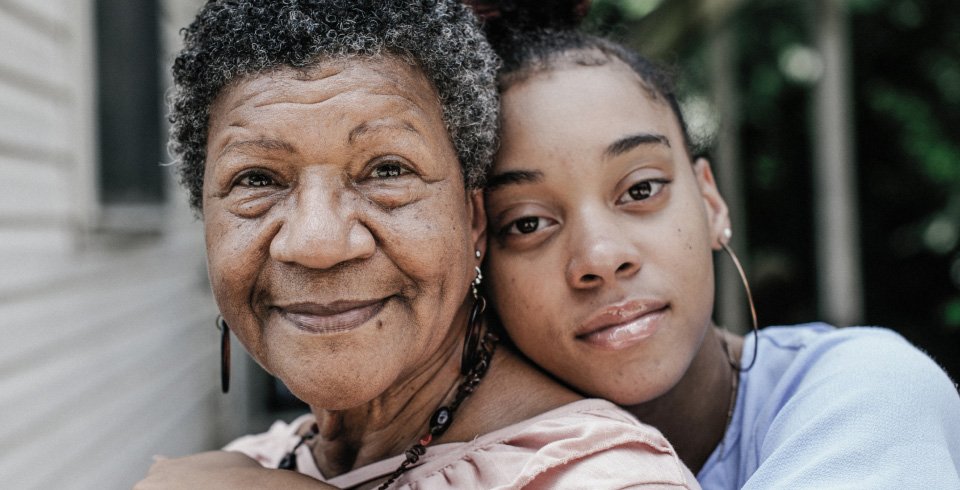
Happiness and the Healthy Brain
By: Cate McCarty, PhD, ADC

Happy is a contemporary tune which has captured airwaves for several years. It is an upbeat dance tune that can be heard in the car or the grocery store. The lyricist defines happiness as ‘a room without a roof’.1 But what does it take to be happy?
Research quantifies happiness as a composite of feelings, thoughts and judgments made by the individual about their life.2 With this definition, studies show brain health and happiness are maximized from a few key elements:
- Support network
- Exercise and creativity
- Sexuality
- Humor
- Congruent life
Dementia research from The World Health Organization has studied the impact of different types of social network. With four types of social networks classified, it was the individuals who were most integrated in local support who were the least depressed and the happiest.3 These individuals had close relationships with family, friends and neighbors, often having resided in the community long-term with active participation.
Of course, happiness and physical activity continue to be linked to brain health with physical activity prompting the release of endorphins, causing improvement in a person’s mood and anxiety level.4 Likewise, dementia research shows creative engagement impacts calmness, happiness and affect5.
Aging partner studies show sexuality has an impact on an individual’s happiness. Those experiencing healthy sexuality rate their subjective well-being higher than those who struggle with sexual dysfunction or no sexuality.6 Romantic relationships have been shown to increase brain health and happiness 7 as has humor. Humor therapy impacted the agitation as well as the positive affect of individuals with dementia8.
Not all who are happy would agree to its definition as a “room without a roof”. Having a life that is congruent with personal values is key. When an individual’s life aligns with their core values, even with Alzheimer’s as a diagnosis, they are happier than individuals who feel their life is incongruent.9 Not all folks want a room without a roof, some are happiest covered.
The most important message from research on overall happiness is that it is related to longevity. Very happy people lived 6% longer than somewhat happy people and 14% longer than unhappy people.10
Whether it is a room without a roof, a romance or a comedy, practice what you value for a healthier brain and a longer, fuller life.
By-line: Cate McCarty, PhD, ADC has been collaborating with Arden Courts in a variety of roles since the late 90’s. Her background in nursing, activities and admissions has given her a passionate commitment to quality of life for the individual and family with dementia. Cate is now personally caring for her spouse who has an FTD diagnosis.
References
1 Happy lyrics, https://genius.com › P › Pharrell Williams.
2Diener, E., Wirtz, D., Tov, W., Kim-Prieto, C., Choi, D. et al. (2010) New measures of well-being: Flourishing and positive and negative feelings, Social Indicators Research, 39: 247-266.
3Thiyagarajan, J.A., Prince, M., & Webber, M. (2014). Social support network typologies and health outcomes of older people in low and middle income countries—a 10/66 DementiaResearch


